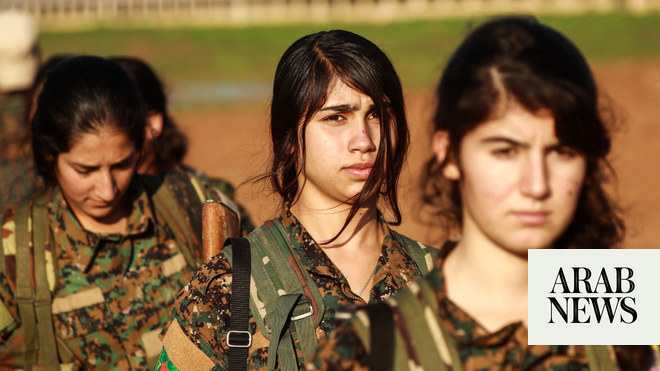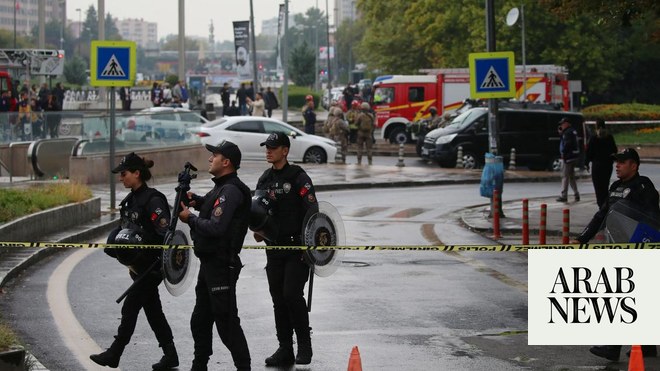
An airstrike by the Russian-backed Assad regime that killed 33 Turkish soldiers in Idlib has raised tensions in the northwestern Syrian province to an alarming level.
In the wake of the attack, late on Thursday, Turkish President Recep Tayyip Erdogan called an emergency national security meeting that lasted almost six hours. The main opposition Republican People’s Party (CHP) leader, Kemal Kilicdaroglu, also held an emergency meeting at his party’s headquarters.
Ankara was on full alert following the strike. Some experts described Thursday’s events as “worse than Nov. 24, 2015” when Turkish forces shot down a Russian jet involved in the Kremlin’s military campaign in Syria. At the time, Ankara said it acted lawfully because the plane had crossed into Turkish air space; Moscow rejected the claim and relations hit rock bottom.
Although Ankara and Moscow have overcome this situation, working together on the Astana peace process, S-400 air-defense missile systems and the Akkuyu nuclear power plant, the implications of the Turkish-Russian fallout over Idlib go well beyond Syria and joint projects between the two countries.
The volatile developments on Idlib’s frontline have turned the de-escalation zones laid out in a deal between Turkey and Russia in late 2018 into a battlefield. Even after the situation eases, the cracks in Ankara and Moscow’s relationship will remain.
Turkey’s main aims in Syria are to topple the Assad regime and secure a voice for the future of the country. Ankara cares about Idlib for two main reasons. First, the prospect of a further increase in refugees that could jeopardize Turkey’s domestic and foreign policies. The country is already housing nearly 4 million Syrian refugees. Second, if Turkey leaves Idlib, it would endanger the northern border section of Syria that has been cleared of terrorist elements in three cross-border operations — Euphrates Shield, Olive Branch and Peace Spring. Any withdrawal would allow militants to one again threaten Turkey’s national security and stability.
Erdogan has set a Feb. 29 deadline for Syrian forces to pull back to the Sochi-delineated positions. With time running out and neither side backing down, it is becoming unnervingly clear how difficult the situation is becoming.
After Thursdays’ attack, Ankara has increased pressure on the West by saying it will no longer stop Syrian refugees who want to head to Europe by land or by sea. This is a clear act to encourage Western intervention in the conflict. While Western capitals may appear deaf and blind to the situation in Idlib, Turkish officials held separate phone discussions with US National Security Adviser Robert O’Brien and NATO Secretary-General Jens Stoltenberg.
The airstrike came amid talks between Turkish and Russian delegations in Ankara on Idlib. Although officials have negotiated a cease-fire, they have failed to reach any compromise. Before Thursday’s attack Ankara was hopeful of a deal, with Erdogan asking his Russian, German and French counterparts to meet on March 5 to discuss an agreement. But on Thursday, the Kremlin said Russian President Vladimir Putin had no plans to attend a meeting on that date. It is clear that Putin has no interest in a leaders’ summit and shows little sign of retreating.
Amid this power struggle, it is the conflict on the ground that will determine the outcome for Idlib in the coming days. Many are warning of the growing risk of a full-scale war between the Syrian regime and Turkey. However, there is no genuine Syrian army, merely Russian-backed forces.
Needless to say, Russia, which cooperates with Turkey in many areas, will never tolerate open conflict.
The Kremlin has already taken a step backward, saying it was unaware Turkish troops were present at the site of attack — a clear attempt to defuse tensions with Turkey, which seems ready to take firm steps on several fronts.
Testing the limits of Ankara’s patience by killing its soldiers will leave a deep wound in the Turkish-Russian relationship.
Sinem Cengiz is a Turkish political analyst who specializes in Turkey’s relations with the Middle East. Twitter: @SinemCngz
Disclaimer: Views expressed by writers in this section are their own and do not necessarily reflect Arab News" point-of-view












